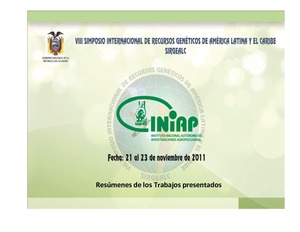L'Impact de la crise economique sur les populations, les migrations et le couvert forestier du Sud-Cameroun
Cette etude a ete realisee en 1997-98 par le CIFOR en collaboration avec les institutions et les chercheurs camerounais, grace a l'appui financier du DFID du Royaume-Uni. Son objectif general est de compendre les causes qui expliqueraient le taux de deforestation beaucoup plus elevependantla crise economique (qui commenca en 1986) par rapport a ala periode avant le debut de la crise. Le project de recherche a examine les effects de la crise sur les migrations, les systemes de cultures, la division sexuelle du travail et leur incidence sur le couvert forestier.


